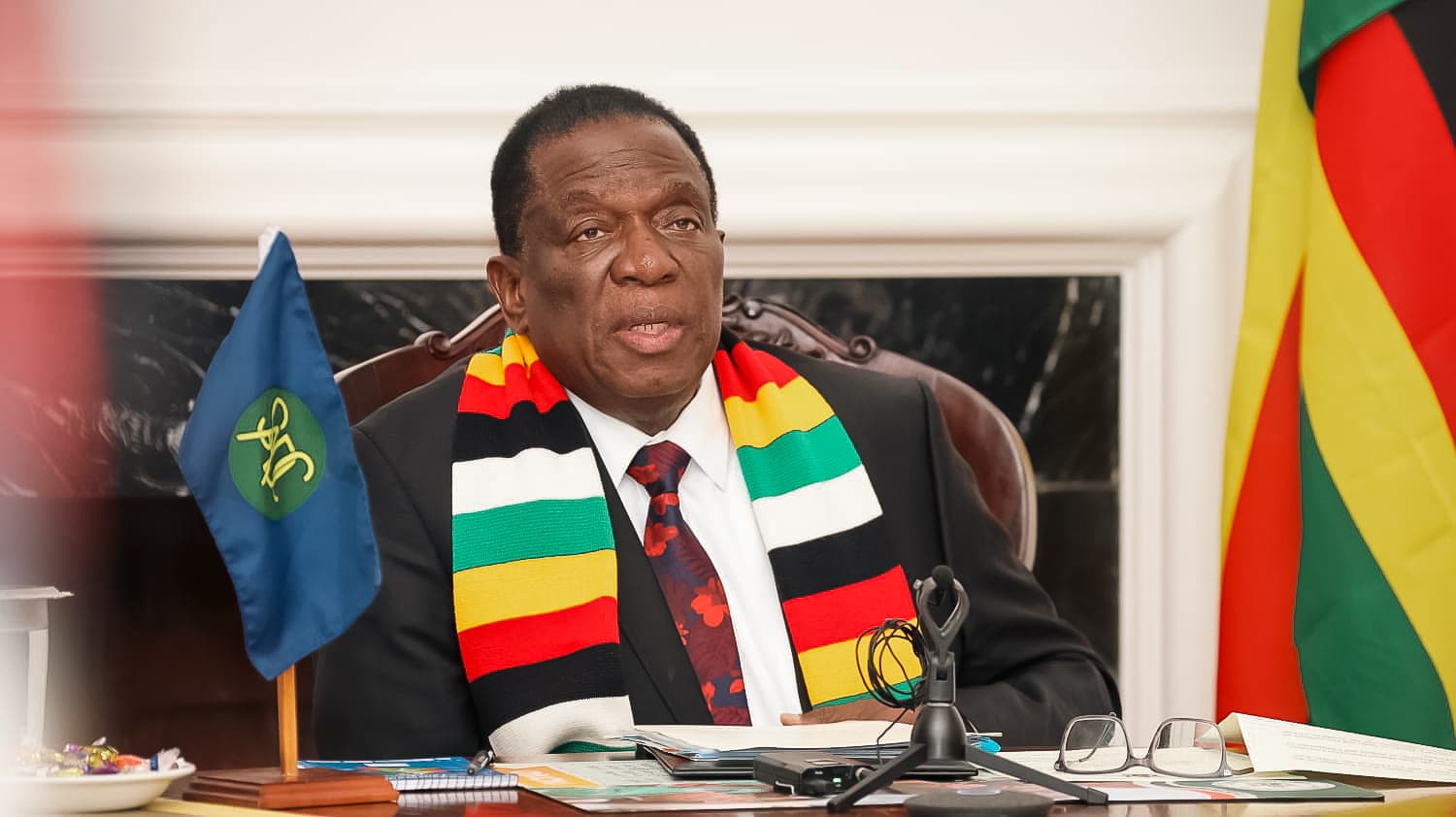We're loading the full news article for you. This includes the article content, images, author information, and related articles.
Prime Cabinet Secretary and Foreign Affairs chief Musalia Mudavadi has moved swiftly to quell growing diplomatic unease after Kinshasa raised concerns over the appointment of Judy Kiaria Nkumiri as Kenya’s proposed consul-general to Goma in the Democratic Republic of Congo

Nairobi, Kenya – Prime Cabinet Secretary and Foreign Affairs chief Musalia Mudavadi has moved swiftly to quell growing diplomatic unease after Kinshasa raised concerns over the appointment of Judy Kiaria Nkumiri as Kenya’s proposed consul-general to Goma in the Democratic Republic of Congo (DRC).
Speaking in Nairobi on Monday, Mudavadi clarified that President William Ruto’s nomination of Ms. Nkumiri remains provisional, stressing that under Article 132(2)(e) of Kenya’s Constitution, any presidential nomination must undergo parliamentary vetting before being forwarded to the host state for approval.
“I have explained to my counterpart, DRC Foreign Affairs Minister Thérèse Kayikwamba Wagner, that no diplomat can assume duty without agrément from the DRC government. Kenya is firmly committed to respecting the sovereignty and territorial integrity of our partner nation,” Mudavadi said.
The clarification comes after officials in Kinshasa expressed displeasure that Nairobi publicly announced the nomination before consultations were concluded. Analysts say the concern reflected the DRC’s sensitivity to issues of sovereignty, particularly in border regions such as North Kivu, where Goma is located and where conflict has long shaped the country’s relations with its neighbors.
President Ruto last week announced a wide-ranging shake-up of Kenya’s foreign service, nominating new ambassadors and consuls as part of his administration’s broader attempt to streamline overseas missions. According to Mudavadi, the overhaul is intended to align Kenya’s diplomatic corps with the Bottom-Up Economic Transformation Agenda (BETA), ensuring missions abroad are more responsive to trade, investment, and peace-building priorities.
“Once Parliament approves our nominee, we shall formally seek agrément from Kinshasa. This is not about undermining sovereignty but about improving service delivery for Kenyans abroad,” Mudavadi emphasised.
Kenya and the DRC are strategic partners in East and Central Africa, cooperating on trade, infrastructure, and regional peace efforts. The DRC joined the East African Community in 2022, and Nairobi has since been a key player in regional mediation efforts aimed at stabilising eastern Congo.
Observers note that the episode highlights the delicate balance African states face: implementing domestic reforms while maintaining trust with regional partners. Nairobi’s prompt clarification, they argue, was an effort to protect diplomatic goodwill at a time when the DRC’s role in regional stability is indispensable.
By publicly outlining the constitutional process, Mudavadi sought to reassure both Kenyan citizens and DRC authorities that diplomatic appointments will strictly follow due process. The move also underscores Kenya’s recognition that its foreign policy ambitions—particularly expanding trade ties and deepening regional integration—depend on preserving mutual respect with neighbors.
As one regional analyst put it, “This was less about one appointment and more about how Kenya manages its image as a reliable partner in an increasingly sensitive Great Lakes region.”
Keep the conversation in one place—threads here stay linked to the story and in the forums.
Sign in to start a discussion
Start a conversation about this story and keep it linked here.
Other hot threads
E-sports and Gaming Community in Kenya
Active 9 months ago
The Role of Technology in Modern Agriculture (AgriTech)
Active 9 months ago
Popular Recreational Activities Across Counties
Active 9 months ago
Investing in Youth Sports Development Programs
Active 9 months ago